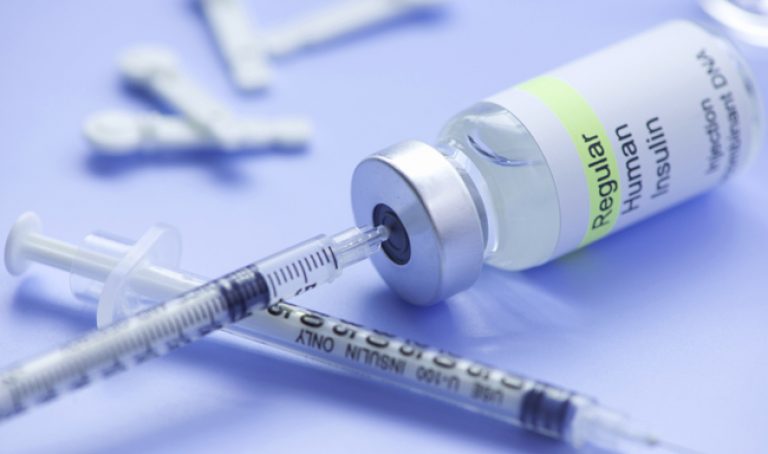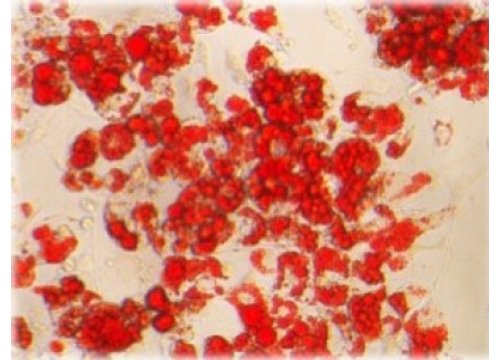
AsianScientist (Dec. 26, 2013) – A new research study from Australia has added to the debate about how our bodies respond to artificial sweeteners and whether they are good, bad or have no effect on us.
In a study published in the journal Diabetes Care, researchers from the University of Adelaide have found that artificially sweetened drinks produced no different response in the healthy human gut to a glass of water.
The findings, by PhD student Dr. Tongzhi Wu, are contrary to some other studies in humans and in laboratory-based research.
“This is a controversial area because there’s a lot of conflicting research into artificial sweeteners,” said senior author Associate Professor Chris Rayner.
According to Rayner, the scientific debate centers on whether artificial sweeteners have a negative impact on our bodies, such as leading to the storage of fat. There are also questions about whether they have a beneficial impact, such as producing responses that signal fullness to the brain, or if they are inert and produce no impact.
In the study involving healthy men, the researchers found that the gut’s response to artificially sweetened drinks was neutral – it was no different to drinking a glass of water.
But population-level studies have yet to agree on the effects of long-term artificial sweetener intake in humans. However, a recent study has shown an increased risk of developing type II diabetes in regular and high consumers of artificially sweetened drinks.
“Those studies indicate that artificial sweeteners may interact with the gut in the longer term, but so far no-one’s managed to determine the actual mechanisms through which these sweeteners act,” said co-author Dr. Richard Young. “It’s a complicated area because the way in which the sweet taste receptors in our gut detect and act on sweetness is very complex.”
According to Young, although it appears that artificial sweeteners have limited impact in the short term, it may have a different effect on people in a pre-diabetic or diabetic state, who are more likely to be regularly high users of artificial sweeteners.
The article can be found at: Wu T et al. (2013) Artificial Sweeteners Have No Effect on Gastric Emptying, Glucagon-Like Peptide-1, or Glycemia After Oral Glucose in Healthy Humans.
——
Source: University of Adelaide; Photo: Bekathwia/Flickr/CC.
Disclaimer: This article does not necessarily reflect the views of AsianScientist or its staff.












